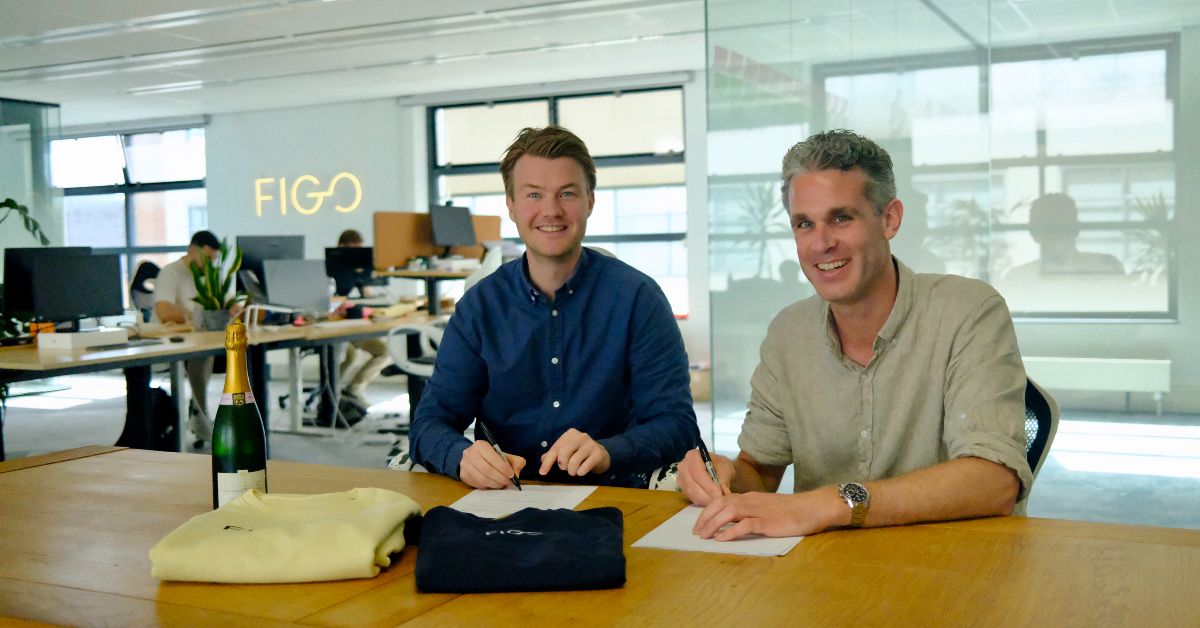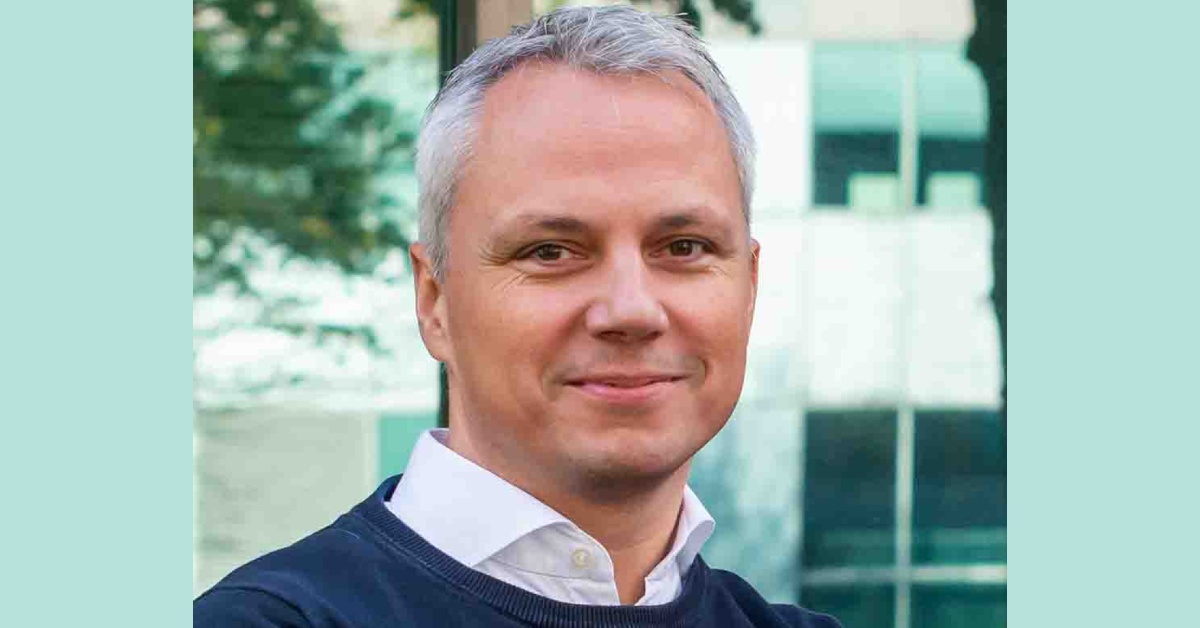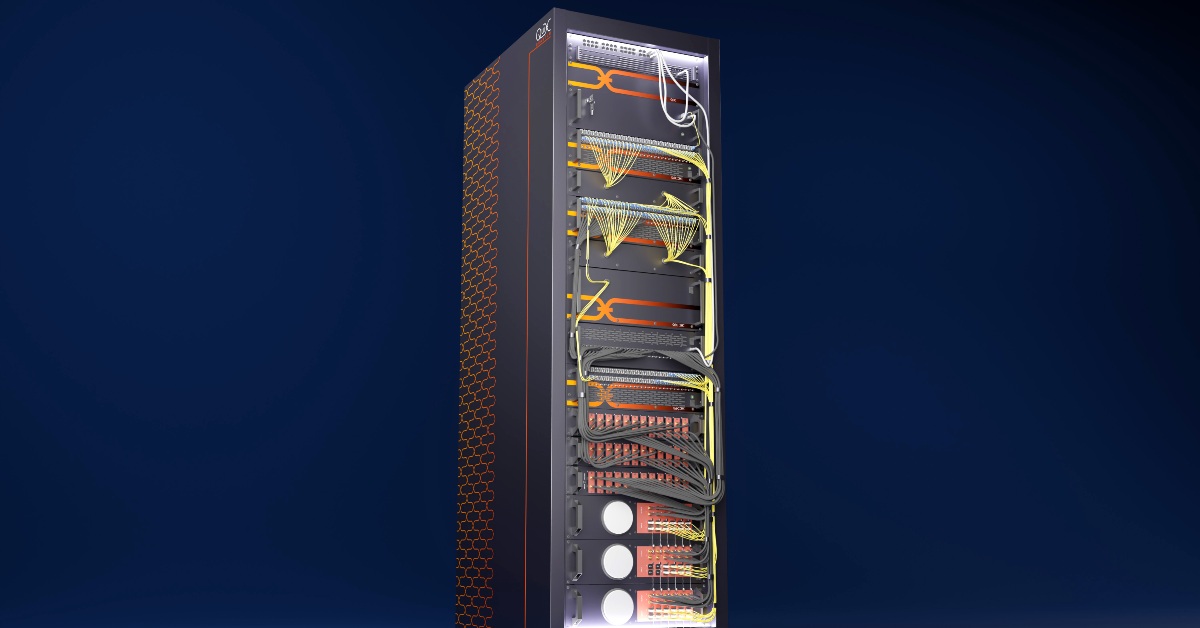We check our bank accounts on our mobile phones, and expect to pay for our groceries by swiping our smartwatches. Innovation in the world of finance is moving rapidly, in all directions. But with new ideas come new challenges, particularly when it comes to the security of our data and assets.
How to succeed with a new idea in the world of security and finance? Ingrid de Swart and Nadeem de Vree, experts in their field and respectively jury lead and jury member in the themes of Finance and Security for the Blue Tulip Awards 2020, share their views.
This year, the Blue Tulip Awards is going fully digital, and will take place on June 11 in close collaboration with Boom Chicago and RTL-Z, where the finalists will deliver their live-from-home digital pitches online, hosted and moderated by Boom Chicago. Following which, in exclusive online discussions the jury will then select this year’s winners that will be announced during a live online broadcast with RTL Z.
Looking at new business opportunities
“The biggest sense of urgency is in the fact that the business models of financial institutions are changing”, says Ingrid de Swart. She is a member of the executive board of ASR Nederland N.V., a Dutch insurer based in Utrecht.
“The business model of many financials is often based on a successful history. For instance, through old policies taken out years ago. However, times are changing. Supervisory standards for financials have been increased and, at the same time, clients expect a form of digitisation combined with a ‘human touch’. Even though the use of data offers new business opportunities, supervisory standards have been increased and people are more conscious about the use of these data versus their privacy. And as with many aspects of today’s society, sustainability is also becoming more and more important in the financial sector”, says De Swart, underlining another factor that institutions have to take into account.
“A sustainable business model goes beyond sustainable investments, it also includes the commitment to, for example, reduce poverty or help out people who have financial problems.”
Awareness of online security
Same goes for Nadeem de Vree. As chief information and security architect at Nationale Nederlanden, he is designing the security landscape at the major insurance company for the next three to seven years. “It is my duty to make sure the security ecosystem is robust. “As such, he is well aware of the current and upcoming developments in the security of our society. Unsurprisingly, there’s a lot going on right now.
De Vree adds, “If we look at it from a corporate point of view, we can see GDPR really coming to life. It was implemented two years ago, but last year there were some serious fines given. Generally, companies become more aware of possible vulnerabilities. Also because of some high profile cases like the Salesforce data breach two years ago and more recently the one at Citrix.”
Unfortunately, that doesn’t mean that security is a top priority for everyone. In 2018, cybercriminals stole a total of €600 billion. The chances of getting caught as a cybercriminal are smaller than getting hit by lightning,” says De Vree. In other words: we need to worry.
“We simply don’t have everything under control. We expect the government and companies to protect us. But in The Netherlands, we tend to think ‘why would anyone want to attack me? Why should I invest in security?’ People and companies in The Netherlands don’t take their security seriously enough. Thankfully we do see that with the current COVID-19 crisis companies are being challenged in the BCM policies and ability to provide secure remote workplaces for large parts of the organisation. It will be interesting to see how things continue to develop in this area.”
As the crisis continues, it is expected that the majority of companies will be facing financially challenging times. This will push them to look at cost saving options; whereby physical office locations are a natural cost saving option. Companies will be cognitive that a (semi) virtual business environment is one that will work effectively for them. While the cost benefits are clear, this presents security challenges as there is less control over the working environment. This means that general security awareness will need to be increased and monitored amongst employees, and a secure, swift well monitored network connection rolled out. It is expected that companies will start coming up with solutions to jump into this space, building upon the existing offerings of the existing players.
Read also: Working on the next big innovation in health and nutrition? Here’s what you need to know
To add to those worries, De Vree notices a lack of qualified security experts. “There’s not enough good people.” So innovation to turn things around is desperately needed. That’s where smaller companies can make their mark.
“Large institutions often deal with legacy systems that involve a lot of politics, tremendous costs and too many applications that are connected. That makes any change or innovation in their security harder. Smaller companies usually don’t have these limitations. They can innovate faster. That’s why you see a lot of large consultancy businesses acquire smaller security companies and let them do their own thing,” adds De Vree.
Looking 12 years into the future
“The future in finance is volatile as well”, says De Swart. “New developments, such as self-driving cars or data driven software, bring new challenges to which financials need to adapt. Accidents caused by self-driving cars, or a universities’ software shut down by ransomware, all raise questions about liability that insurers need to deal with. These developments cause for new risks to be mindful of. At the same time, the basic needs of people will not change”, says De Swart.
“Nowadays, people have access to excellent mobile Apps for banking. It seems that customers use these Apps to check their balance almost twice a day. Back in the old days, pre-Apps, it was unthinkable that people would walk into a local bank that often to check their balance. In other words, these Apps have greatly intensified our interaction with banks. Nobody could have predicted this behavioural change 12 years ago.”
Does that mean it is also hard to predict where the financial world will be in another twelve year? “Well, money will always be important to people. Our relation with money will change over time, but that is largely predictable. What isn’t, is the degree of automation, digitisation and robotisation. We can already see that some straightforward processes can be automated, like gathering all the necessary financial information with the click of a mouse. This is generally appreciated by customers.”
But there is a limit to how much automation is desired. “For something impactful like getting a mortgage, customers still want to sit down and talk it over with an advisor. We can make many things digital, but in some cases people still want a human touch.”
Read also: Going electric, going digital: Main innovations and challenges in climate and education
For De Swart, a primary example of innovation in the area of finance, is a.s.r.’s own App a.s.r. Vitality, developed by South African agency Discovery. With a.s.r. Vitality, clients of the insurance company can perform a simple health check and try to achieve exercise goals. This allows them to claim rewards, such as vouchers for a chain of beauty stores, discount at sports goods or donations to charities. a.s.r. launched the application in November last year and went all in. No pilot, no trial, straight to the public.
Supported by the fact that this is a proven concept from Discovery, successfully rolled out in over twenty countries. “I don’t like to test in the lab, I’m more a supporter of quickly delivering an mvp and testing it in the real world,” says De Swart. “For us, the App is a combination of the previous mentioned trends that emerge in the financial area. It’s a great way to refine our offering and help improve the quality of our customers’ lives. As a financial company we have to stay agile and outward thinking.”
The importance of honesty
As a jury lead in the finance theme of the Blue Tulip Awards, a year-round ecosystem-driven program aiming to accelerate innovators, build powerful collaborations, and drive breakthrough innovation – De Swart will be judging some exciting, early stage innovations. What do they need to succeed? “They need to be relevant for the end-user. An idea also needs to be scalable, otherwise it won’t survive. Sustainability is an important issue that needs to be addressed as well. Equally important will be how honest and open the entrepreneurs are about the risks their startup takes.”
The big picture
As a jury member in the security theme, De Vree will also judge ideas based on their scalability and feasibility. But for him, security goes beyond the usual password solution or encryption. He’s looking at the big picture. “I’m searching for ideas that don’t just exist to sell a product, but that strife for a safe and open society.”
An example of an idea that does that very well, seems to have little to do with security at first. De Vree mentions the Great Bubble Barrier, a Dutch initiative to use an underwater bubble curtain to prevent plastic waste in canals and rivers to reach the open seas. “This addresses the safety of society. Any disruption in our society can have massive consequences. Destroying the environment will result in global unrest and a society on edge. If security is about keeping everyone safe, we need to tackle those topics as well.”
This article is produced in collaboration with Accenture. Read more about our partnering opportunities.










01
From telecom veteran to Dutch Startup Visa success: The Jignesh Dave story